By Chatura Randeniya
|
The Authors
Chatura Randeniya Chatura’s practice focuses primarily on dispute resolution. He advises and represents clients in arbitration, and has represented clients in DIAC, ADCCAC, ICC and ad hoc arbitrations. He also works with local advocates on matters before the UAE Federal courts. Chatura regularly advises clients in high value construction, and maritime and shipping disputes. He is admitted as Attorney-at-Law of the Supreme Court of Sri Lanka. He is a recommended practitioner by Legal 500 EMEA. |
With the UAE in virtual lockdown and the majority of businesses required to operate remotely, an increasing number of documents are required to be signed electronically. Although electronic signatures were not commonly used prior to the onset of COVID-19 in the UAE, the legal framework for the use of electronic signatures has been in place for quite some time.
The UAE Federal Law
The principal piece of legislation which governs the use of electronic signatures in the UAE is Federal Law No 1 of 2006, also known as the Federal E-Commerce Law (E-Commerce Law). The E- Commerce Law provides that, subject to certain exceptions which we discuss below, if the law requires any statement, document, record, transaction or evidence to be written, then an electronic document or record shall satisfy any such requirement subject to certain requirements prescribed by the E-Commerce Law (Article 6).
Article 18 of the E-Commerce Law provides that a person is entitled to rely on an electronic signature, provided such reliance is reasonable. In order to determine whether reliance is reasonable in any given context, the following circumstances need to be considered:
- the nature of the underlying transaction that the electronic signature was intended to support;
- the value or importance of the underlying transaction, if this is known to the party relying on the electronic signature;
- whether the party relying on the electronic signature had taken appropriate steps to determine the reliability of the electronic signature;
- whether the party relying on the electronic signature took appropriate steps to ascertain whether the electronic signature was supported or was reasonably expected to have been supported by an electronic attestation certificate;
- whether the party relying on the electronic signature knew or ought to have known that the electronic signature has been compromised or revoked;
- any agreement or course of dealing between the party that provided the electronic signature, or any trade usage or practice which may be applicable; and
- any other relevant factor.
The documents which may not be signed electronically are as follows:
- Transactions and issues relating to personal law such as marriage, divorce and wills;
- Deeds of title to immoveable property;
- Negotiable instruments;
- Transactions involving the sale, purchase, lease (for a term of more than 10 years) and other disposition of immoveable property and the registration of other rights relating to immoveable property;
- Any document legally required to be attested before a notary public; and
- Any other documents or transactions exempted by provision of law.
Article 11 of the E-Commerce Law provides that an offer or the acceptance of an offer may be expressed, in whole or in part, by electronic communication, and that a contract is not invalid or unenforceable solely by reason that electronic communication was used in its formation.
The E-Commerce Law makes provisions for electronic signatures created using a “signature tool” which is defined by the Federal Law as a “system or electronic information designed independently or in participation with other electronic systems and information to set down an electronic signature…”. It also recognizes the concept of a “secure signature” or a “protected signature” (Article 17) which is an electronic signature for which:
- the electronic signature is attributable to the person that provided it;
- it is possible to verify the identity of the person providing the signature;
- the person providing the signature had control of the tool through which the signature was provided; and
- the electronic signature is linked through secure electronic means to an electronic message.
In order to increase the reliability of another party’s electronic signature, it is prudent to ensure that the other party’s signature is witnessed by two witnesses who also sign and provide their contact information, under the testamonium “The above signatory is known to me and I confirm that the above signature is genuine”.
The E-Commerce Law regulates “protected signatures” and service providers that provide secure e-signature verification services. The use of such services and service providers gives a greater level of security, but is not essential for an electronic document or e-signature to be valid in law. If you are interested in pursuing the secure signature route, there are currently two validly licensed providers of such services in the UAE (Dark Matter and Adobe).
The UAE Civil Procedure Law (as amended) recognises the authenticity of e-signatures, and specifically provides that an e-signature has the same validity as physical signatures. Although there is no system of binding precedent in the UAE, a number of judgments rendered by the Dubai Court of Cassation have recognized the validity of electronic signatures.
Dubai Law and Dubai International Financial Centre (DIFC) Law
The position set out above relates to UAE Federal Law. Where Dubai Law is concerned, the provisions of the Dubai Law No.2 of 2002 (Dubai Electronic Transactions Law) applies. The provisions of this law are based on the E-Commerce Law and reflect the E-Commerce Law on matters such as reasonableness criteria and protected signatures.
The position with respect to the DIFC is set out in the DIFC Law No. 2 of 2016 (Electronic Transactions Law). Article 21 of the Electronic Transactions Law recognises the use of e-signatures where a document is required to be signed. Article 22 of the law provides that an e-signature is deemed to identify the relevant person and to indicate that person’s intention in respect of the Information contained in the Electronic Record provided that the type of e-signature used is as reliable as appropriate for the purpose for which the document or record was generated or communicated, in the light of all the circumstances, including any relevant agreement.
As with the Federal E-Commerce Law, the Electronic Transactions Law provides that e-signatures cannot be used for certain types of documents (Article 8 read with Schedule 2):
- The creation, performance or enforcement of a power of attorney.
- The creation, performance or enforcement of a declaration of trust (with the exception of implied, constructive and resulting trusts) and any provision in the Trust Law 2005 (DIFC Law No. 11 of 2005, as amended) requiring information to be written or in writing.
- The creation and execution of wills, codicils or testamentary trusts.
- The creation, execution and use of affidavits or affirmations as evidence in court proceedings pursuant to rule 29 of the Rules of the DIFC Courts.
- Transactions involving the sale, purchase, lease (for a term of more than 10 years) and other disposition of immovable property and the registration of other rights relating to immovable property.
The Board of Directors of the DIFC has the power to issue regulations extending, waiving or modifying the list of matters for which e-signatures cannot be used. It appears that this was done recently in relation to the creation of DIFC wills, which according to a recent press release of the DIFC Wills Service Centre can now be created with the use of e-signatures.
Importantly, the Electronic Transactions Law that parties may agree to exclude the application of e-signatures or impose additional requirements. E-signatures are admissible as evidence where evidence of a signature is required in proceedings (Article 24).
From a practical perspective, it is important that commercial parties:
- Revisit their contracts to ensure there is no impediment to using electronic signatures (particularly where DIFC law is applicable);
- Agree authentication procedures with their counterparties to identify/verify signatures; and
- Take steps to upgrade IT security and limit the risk of becoming victims of fraud, hacking and other electronic crimes. ■
****
Visit Afridi & Angell’s COVID-19 Resource Centre for copies of their COVID-19 inBriefs and Legal Alerts.
| Afridi & Angell
Founded in 1975, Afridi & Angell is a full-service UAE law firm in its fifth decade at the forefront of the legal community. From the beginning, our hallmarks have been a commitment to quality, unsurpassed knowledge of the law and the legal environment, and crafting of innovative business solutions. Licensed in the three largest Emirates of Abu Dhabi, Dubai and Sharjah as well as the Dubai International Financial Centre, our practice areas include banking and finance; corporate and commercial law; arbitration and litigation; construction; real estate; infrastructure projects; energy; project finance; maritime (wet and dry); and employment. We advise local, regional and global clients ranging in size and sophistication from start-ups, sole proprietorships, family-owned businesses, entrepreneurs and investors to some of the world’s largest public and private companies, governments and quasi- government institutions. We attract and retain clients with our dedication to practical guidance focused on their business needs supported by decades of experience here in our home jurisdiction, the UAE. Afridi & Angell is the exclusive member firm in the UAE of top legal networks and associations, most notably Lex Mundi, the world’s leading network of independent law firms, and World Services Group. |
| Afridi & Angell’s inBrief provides a brief overview and commentary on recent legal announcements and developments. Comments and opinions contained herein are general information only. They should not be regarded or relied upon as legal advice.
© 2020, Afridi & Angell |



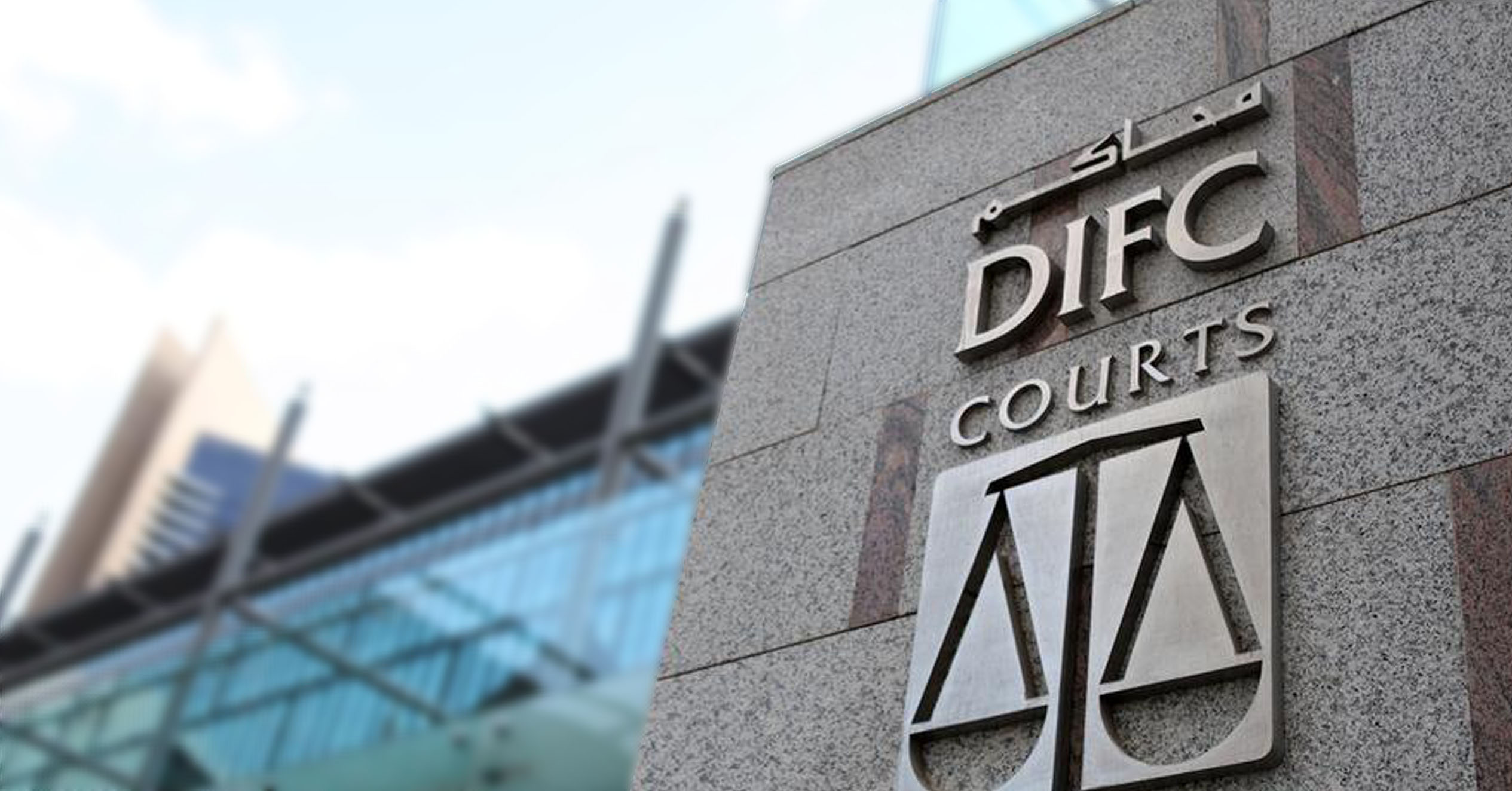



















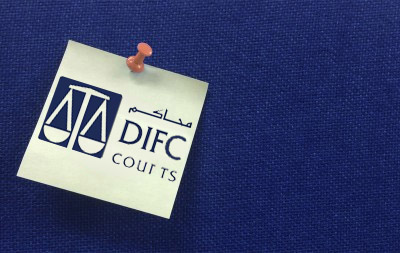
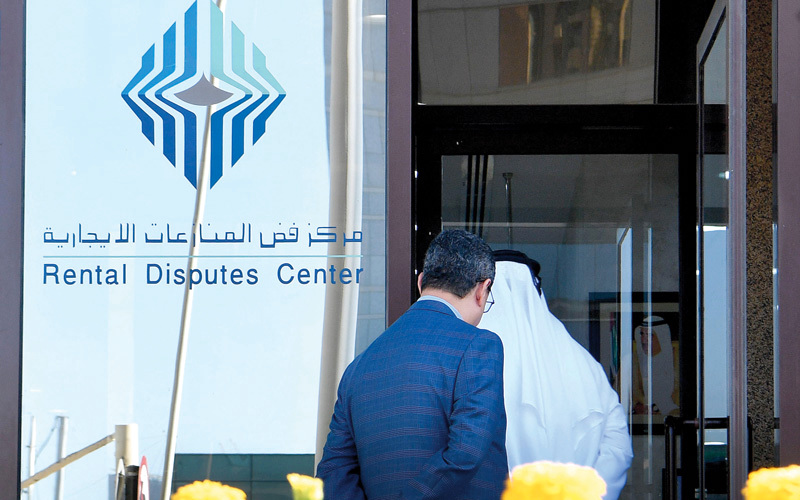












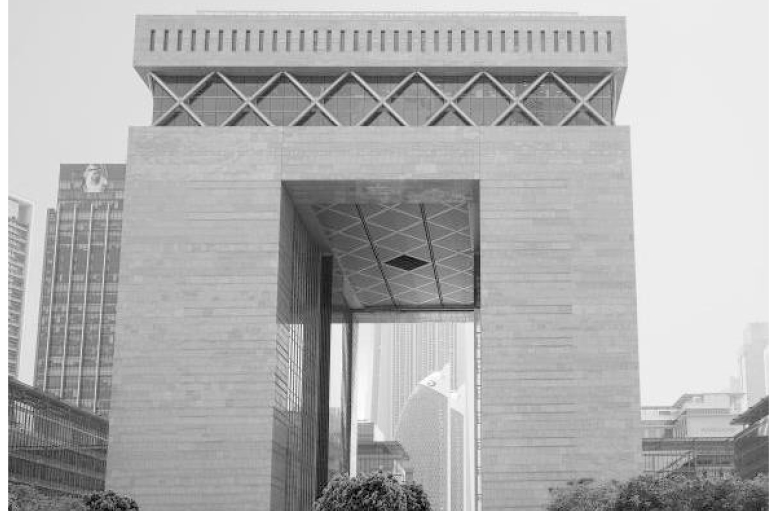





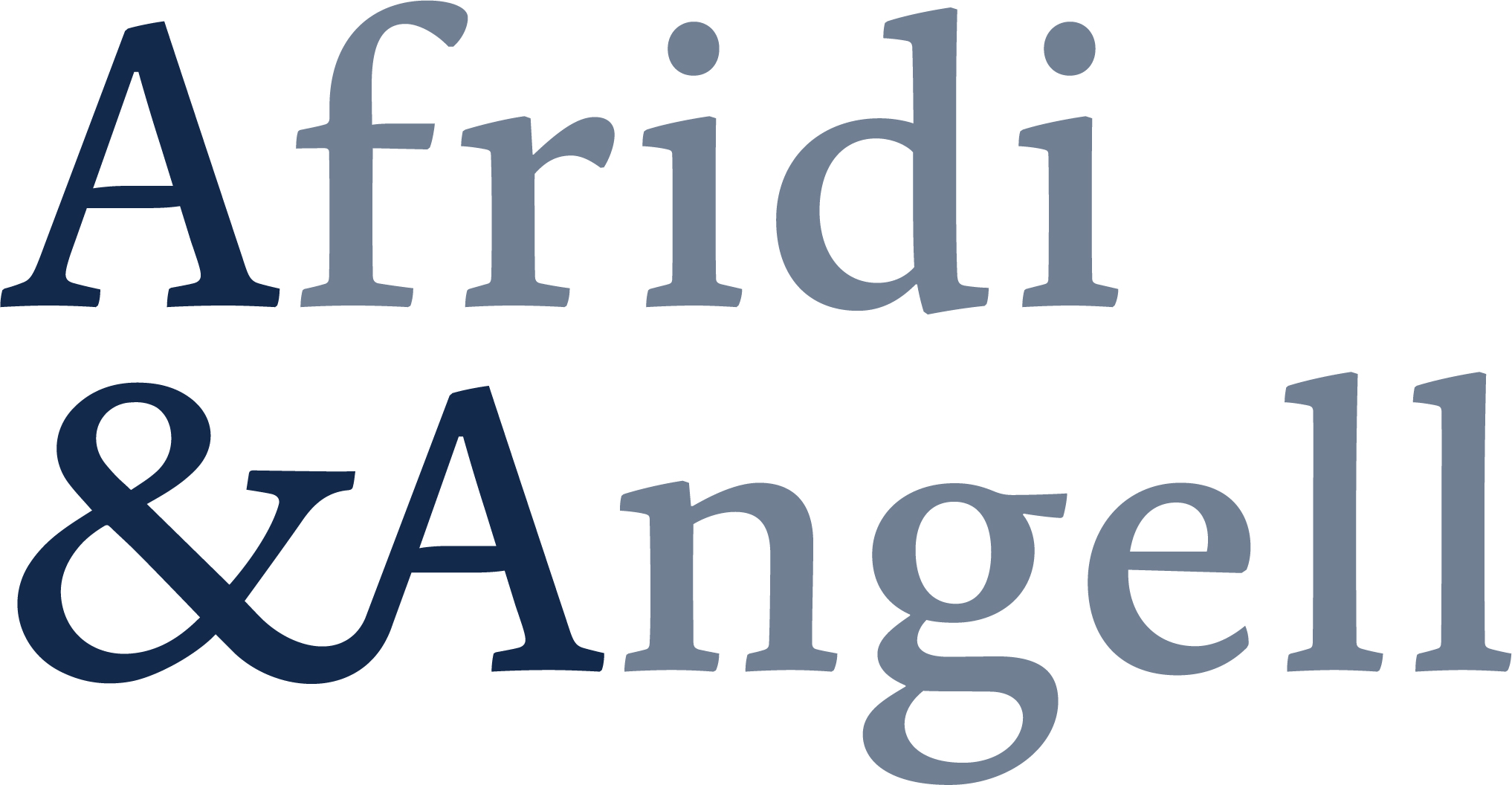 Afridi & Angell
Afridi & Angell Masood Afridi
Masood Afridi Amjad Ali Khan
Amjad Ali Khan







